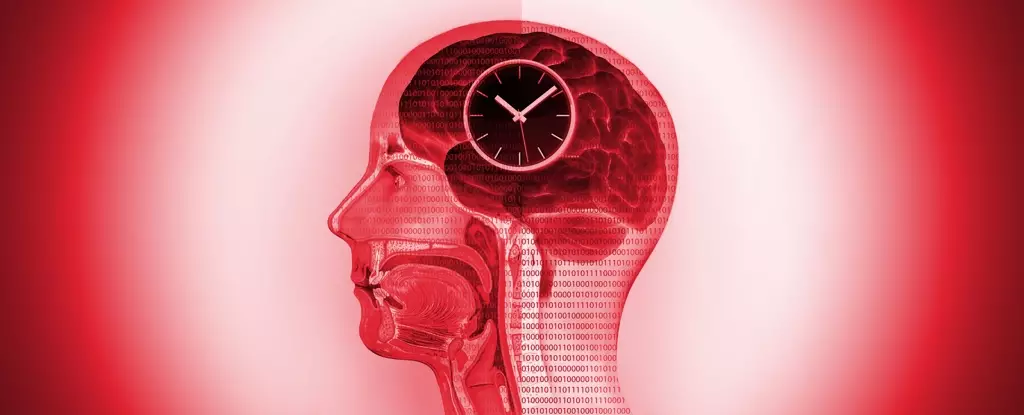Obesity has become a global health crisis, affecting over a billion individuals worldwide. This epidemic has not only serious health implications—ranging from diabetes and heart disease to certain types of cancer—but also socio-economic consequences, straining healthcare systems and impacting overall quality of life. As we continue to grapple with this pressing issue, scientific exploration into novel dietary strategies is essential. Recent research has unveiled a promising approach: intermittent calorie restriction (ICR), a method combining fasting and calorie-controlled eating, which may shed light on effective weight-loss strategies.
Intermittent Calorie Restriction: A Game-Changer
In an intriguing study conducted by a team of researchers in China, 25 obese volunteers followed an intermittent energy restriction program over 62 days. The results were remarkable—participants experienced an average weight reduction of 7.6 kilograms, or about 7.8% of their body weight. However, the significance of this study extends far beyond mere numbers on a scale. It highlights vital changes in the functional dynamics of both the human gut microbiome and the brain’s appetite regulation areas.
Health researcher Qiang Zeng emphasized, “Here we show that an IER diet changes the human brain-gut-microbiome axis,” indicating a profound interplay between dietary habits and biological systems. This discovery suggests that intermittent calorie restriction not only promotes physical weight loss but also initiates biochemical responses that merit further investigation.
The Brain-Gut Connection
The relationship between the gut microbiome and brain function is a subject of increasing interest among scientists. The study’s findings reveal that not only does intermittent calorie restriction instigate weight loss, but it also induces remarkable alterations in brain activity linked to appetite regulation. Functional Magnetic Resonance Imaging (fMRI) revealed changes in crucial brain regions, such as the inferior frontal orbital gyrus, a region instrumental in decision-making and willpower related to food consumption.
The gut microbiota shifts observed during the study appear to be intricately connected to these brain changes. For instance, bacteria like Coprococcus comes and Eubacterium hallii showed negative associations with brain activity in areas responsible for executive function. This underscores a complex, two-way communication network between the gut and the brain, suggesting that our gastrointestinal health profoundly influences our cognitive processes, especially those surrounding food choices.
The Science Behind the Changes
What underlies this delicate balance between the gut and brain? Medical scientist Xiaoning Wang pointed out that the gut microbiome generates neurotransmitters and neurotoxins that can slip into the brain through both neural pathways and the bloodstream. This bidirectional communication implies that the brain is not merely reacting to gut signals but is also shaping the composition of the gut microbiome in return. Nutritional intake directly influences the types of microbes that thrive in our intestines, which in turn play a crucial role in regulating hunger and satiety.
This discovery carries profound implications for obesity treatment strategies. By understanding the mechanisms that govern this relationship, scientists could develop targeted interventions that manipulate either the gut microbiome or specific brain regions to better control food intake.
Moving Forward: Implications for Public Health
As the research community delves deeper into deciphering the intricacies of the brain-gut-microbiome axis, the potential applications could revolutionize our approach to obesity. Given the urgent need to combat this global health crisis, insights from studies like the one discussed can guide future dietary recommendations and weight management programs.
Liming Wang, a biomedical scientist at the Chinese Academy of Sciences, aptly remarked, “The precise mechanism by which the gut microbiome and the brain communicate in obese people, including during weight loss, remains a critical question.” Indeed, understanding this communication could pave the way for innovative treatments that not only address obesity but also enhance overall health and well-being.
The intersection of diet, microbiology, and neuroscience in relation to obesity management paints a promising picture for future weight loss strategies, signaling a potential paradigm shift in how we approach dietary practices and health.


Leave a Reply